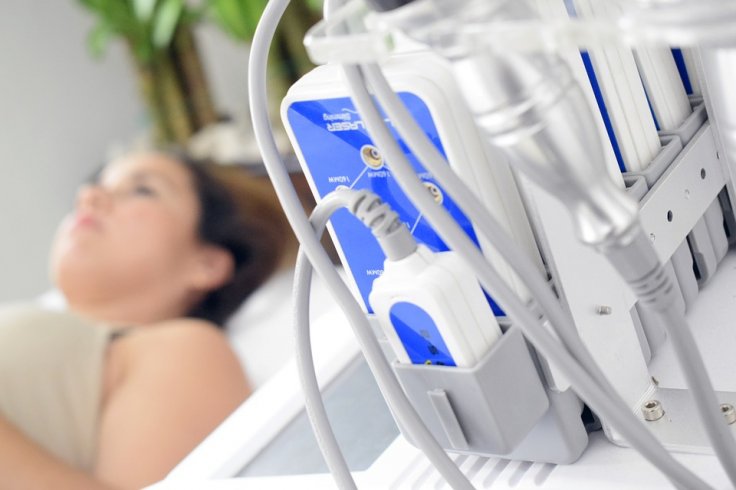
Loss of muscle mass in women with breast cancer may increase their risk of mortality, says a study.
The findings showed that more than one-third women with sarcopenia -- the degenerative loss of skeletal muscle mass -- at diagnosis had a significantly increased risk of death compared with patients without sarcopenia, regardless of the age or stage of cancer.
Poor muscle quality was not associated with survival, and highest mortality was in patients with sarcopenia and high total adipose tissue (body fat).
Measures of sarcopenia provide significant prognostic information in nonmetastatic breast cancer and will help to identify high-risk groups and guide interventions to optimise survival outcomes, said Bette J. Caan, from the Kaiser Permanente in California.
For the study, published in the JAMA Oncology journal, the team examined 3,241 patients with breast cancer.
The study, however, was unable to determine why higher muscle mass leads to a higher chance of breast cancer survival.
The researchers think there may be a connection with cancer's effect on muscle tissue, as inflammation related to cancer may result in lower muscle mass and increased fat deposits.
"I was surprised by how high the prevalence of sarcopenia was in breast cancer patients with nonmetastatic disease, who in general have good survival," Caan was quoted as saying to the TechCrunch.
The level of sarcopenia, or lower muscle mass, may soon be used for prognosis upon diagnosis of stage II or stage III breast cancer.
By maintaining a healthy body, breast cancer risk significantly decreases. Women who are diagnosed with the disease, meanwhile, should continue a proper lifestyle to help improve their chance of survival.
Besides exercise and healthy diet, avoiding smoking, and heavy alcohol consumption may also help, the report said.
(IANS)









